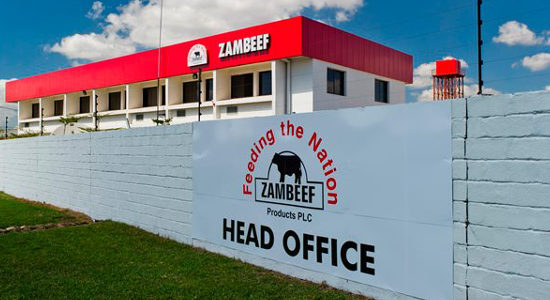
Zambia’s persistently volatile Consumer Price Index (CPI) is triggering a significant transformation in consumer behavior within the hospitality sector, prompting industry players to aggressively adapt their operational models.
The Lusaka Chamber of Commerce and Industry (LCCI) has issued a strong call for the implementation of urgent policy measures aimed at buffering the hospitality sector from the escalating cost of doing business, a direct consequence of the unstable inflationary trend.
In an interview with the Zambian Business Times (ZBT), LCCI President Alexander Lawrence
highlighted the profound impact of inflationary pressures on consumer preferences, compelling hospitality businesses to undergo substantial adjustments.
“Consumers are increasingly price-conscious, actively seeking more affordable service options and curtailing discretionary spending,” Lawrence noted.
He further observed that businesses operating within the hospitality space are responding to
these shifts by streamlining their service offerings, reducing premium options, and strategically transitioning to digital platforms such as online food delivery services and booking systems to
enhance efficiency and reach a wider customer base.
“While some businesses are demonstrating resilience through innovation and by providing value-driven experiences, the financial strain on many others within the sector is considerable,” Lawrence stated.
In response to these challenges, the Chamber has formally proposed a series of targeted interventions to the government, with the objective of mitigating the rising operational costs faced by the hospitality sector. Key proposals include the provision of tax incentives for Small and Medium Enterprises (SMEs) within the hospitality industry, such as Value Added Tax (VAT) relief and waivers on import duties for essential operational inputs. The Chamber is also advocating for the implementation of sector-specific electricity and water tariffs, alongside improved access to affordable financing options.
“Enhanced support for domestic tourism initiatives and the adoption of stronger local procurement policies will also significantly contribute to boosting demand within the sector and fostering more stable supply chains,” Lawrence added.
Furthermore, Lawrence outlined the Chamber’s active support for its members through business-focused interventions, encompassing cost management training programs, financial advisory services, and the promotion of bulk procurement models to enable businesses to access more competitively priced inputs.
“We are also actively facilitating crucial linkages between our members and local suppliers to reduce the sector’s over-dependence on imports, which is a significant contributing factor to the current cost escalations,” he explained.
Lawrence reaffirmed the Chamber’s unwavering commitment to empowering local businesses and its continued engagement with key stakeholders to ensure the sustained viability and growth of the hospitality sector.
“The hospitality sector plays a pivotal role in Lusaka’s overall economic landscape, particularly as we strategically position ourselves as a prominent regional trade and investment hub. We commend media organizations such as yours for consistently highlighting this critical issue,” Lawrence concluded.




